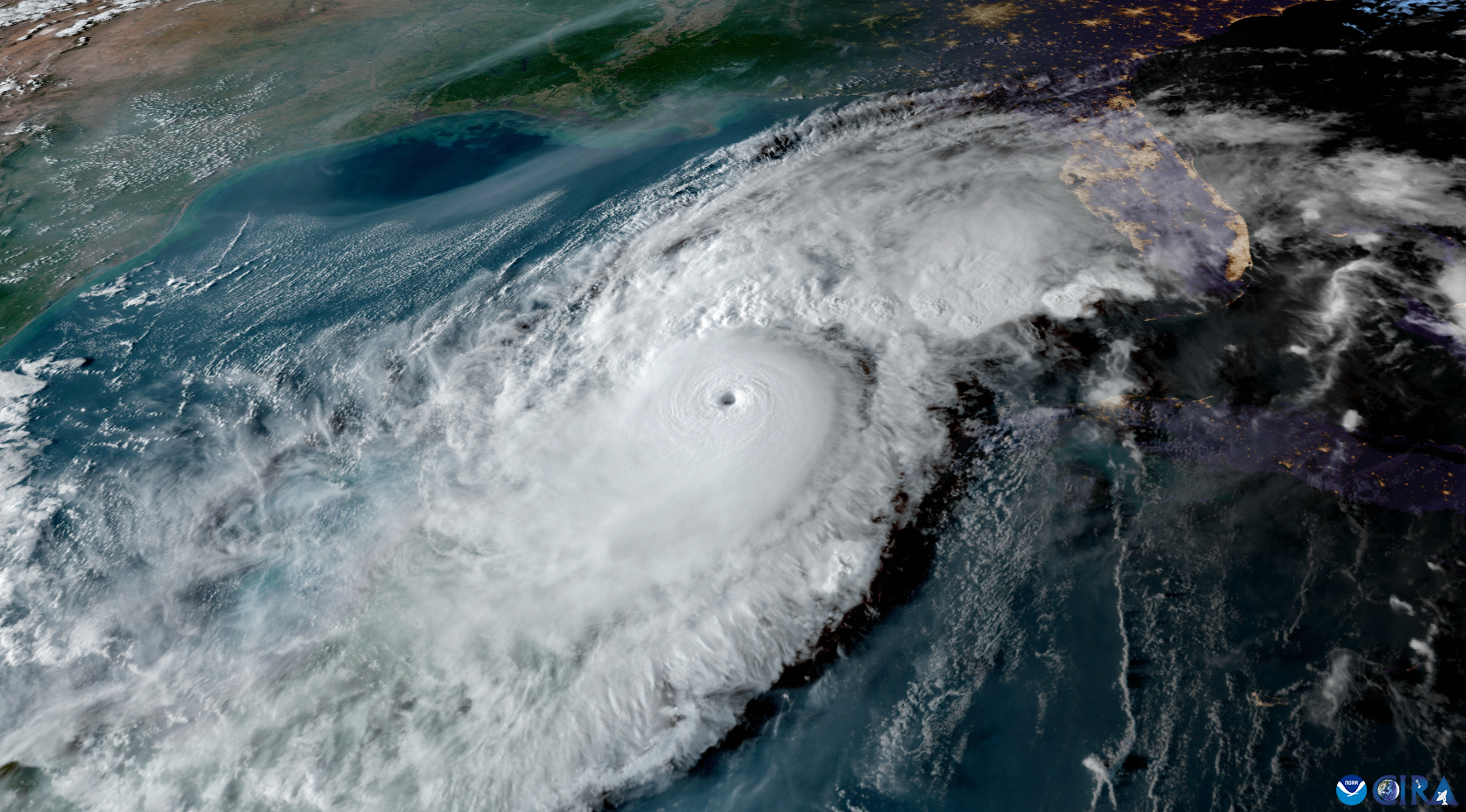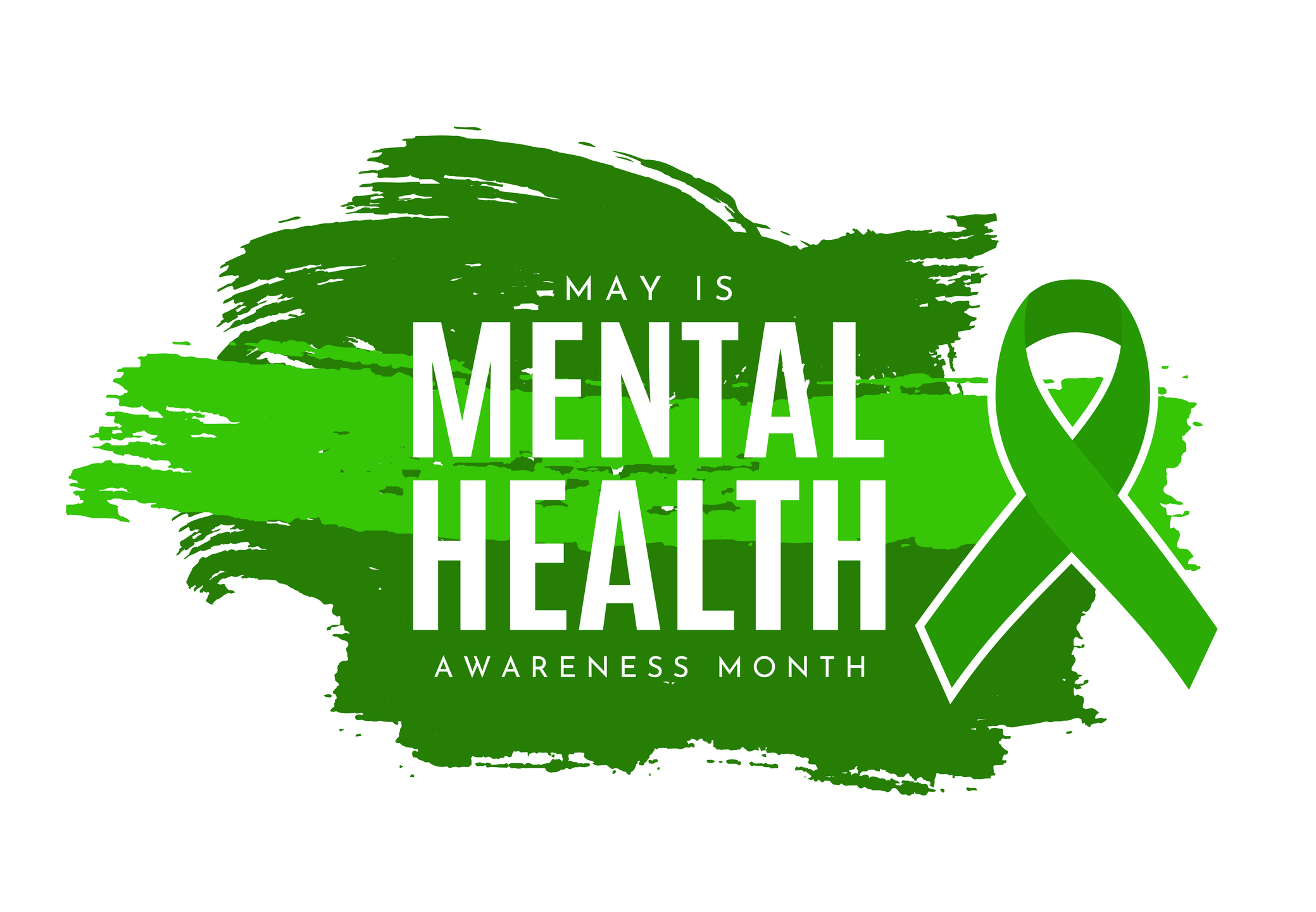Senate Bill 2380, sponsored by New Jersey Senate President Steve Sweeney (D-3) and Assemblyman Thomas Giblin (D-34) was passed by both houses on Thursday July 30, 2020 and has been sent to Governor Phil Murphy for final consideration.
What would Senate Bill 2380 mean for NJ employers?
If signed into law, the bill creates a rebuttable presumption that COVID-19, contracted by health care workers, public safety workers, and other “essential employees”, would be considered work-related, and therefore compensable for the purpose of workers’ compensation benefits. This presumption shifts the burden of proof from the employee to the employer. In order to rebut the presumption of compensability, an employer must prove by a “preponderance of the evidence,” that there was no COVID-19 exposure at the workplace and/or that the employee contracted the virus outside of the workplace. Without such a presumption, the employee would be required to demonstrate that an exposure at the workplace caused him/her to contract the virus.
How is this bill different than other bills proposed throughout the country?
Senate Bill 2380, unlike most legislation proposed in other states throughout the country, applies to employees far beyond the traditional “first responder” context. As such, in addition to firefighters, police officers and hospital personnel, the presumption would apply to employees who provide care in health care facilities, residential facilities or homes, as well as any employee who performs functions which “involve physical proximity to members of the public and are essential to the public’s health, safety and welfare…” The bill provides a list of the sectors which would meet this criteria and includes “transportation services, hotel and other residential services, financial services and the production, preparation, storage, sale, and distribution of essential goods such as food, beverages, medicine, fuel, and supplies for conducting essential business and work at home.”
Other states, including California and Connecticut have made similar moves through Executive Orders, however, in both of those cases the presumption has a specific end date (California’s presumption expired on July 6, 2020). The presumption in the New Jersey legislation is retroactive to Governor Murphy’s Executive Order 103, originally entered on March 9, 2020, and applies until the public health emergency ends. Accordingly, if signed into law, “essential employees” could seek workers compensation benefits for COVID-19 infections occurring all the way back to March 9, 2020 and prospectively, until the pandemic comes to an end.
If signed into law, what will be the financial impact to New Jersey employers?
Revisions to the bill provide that workers compensation claims paid as a result of the rebuttable presumption shall not be considered in calculating an employer’s experience modifier rate, nor shall it otherwise affect an employer’s insurance premium rate for the employer’s workers compensation policy. This is certainly a welcomed change to the proposed bill; however, given the breadth of the definition of “essential employees”, if signed into law, the Bill has the potential to have a significant cost impact on those self-insured employers within the State of New Jersey whose employees work in physical proximity to members of the public.
If you have any questions about the compensability of Workers Compensation claims, please contact your Graham Claims Consultant or please reach out to: Sean Brogan, Esq., Managing Director at sbrogan@grahamco.com.

Philadelphia, PA, 19102








EB.jpg)